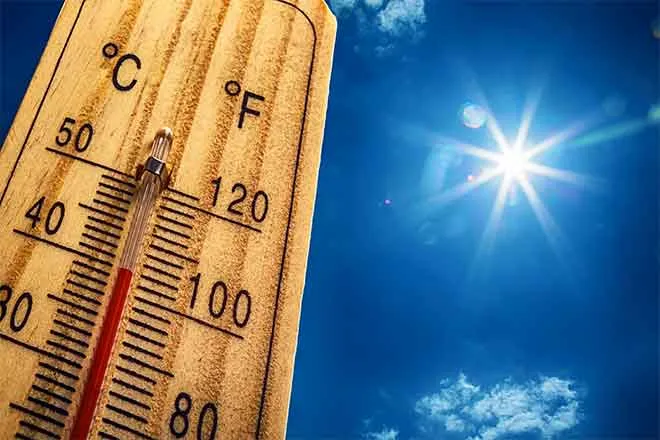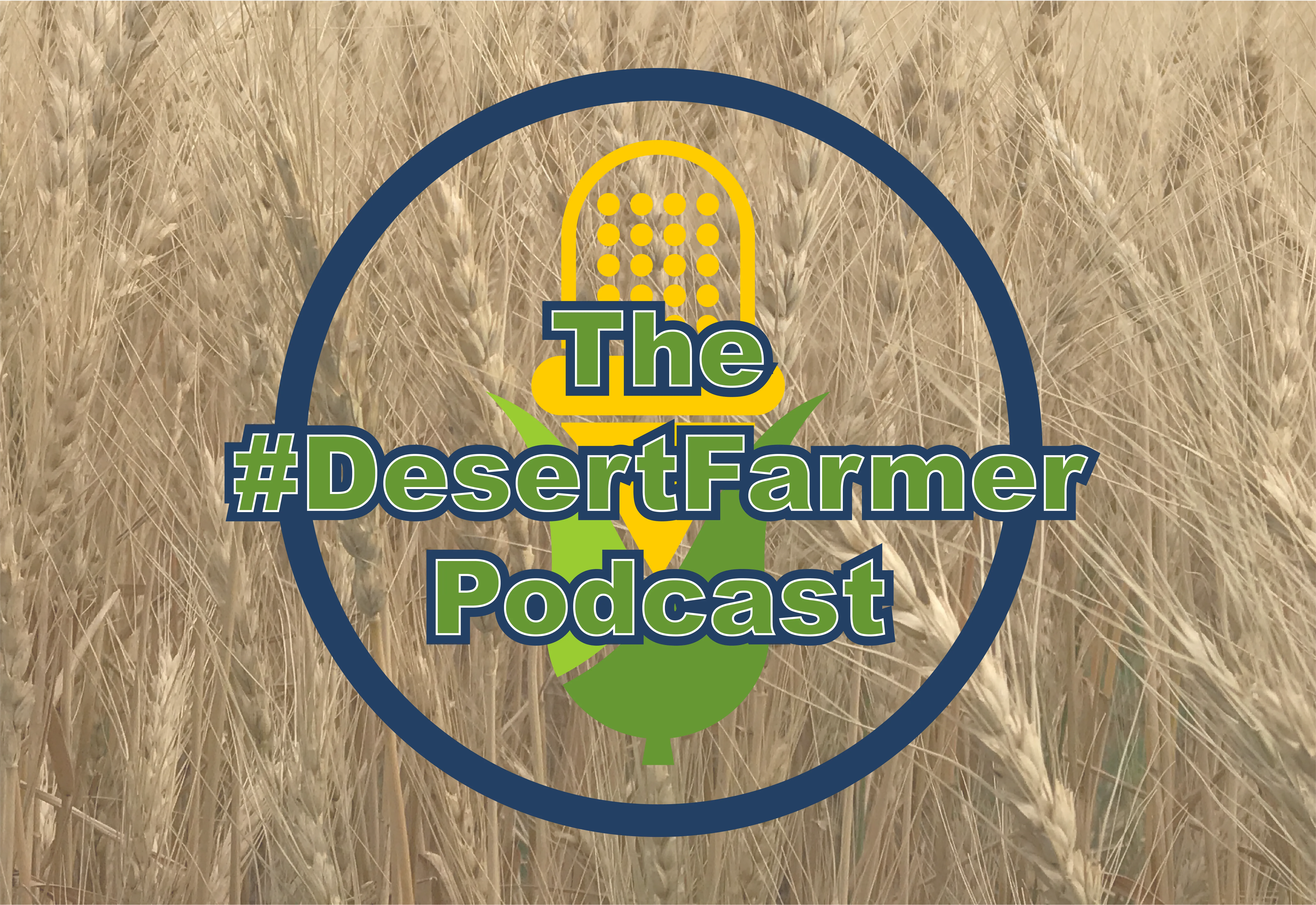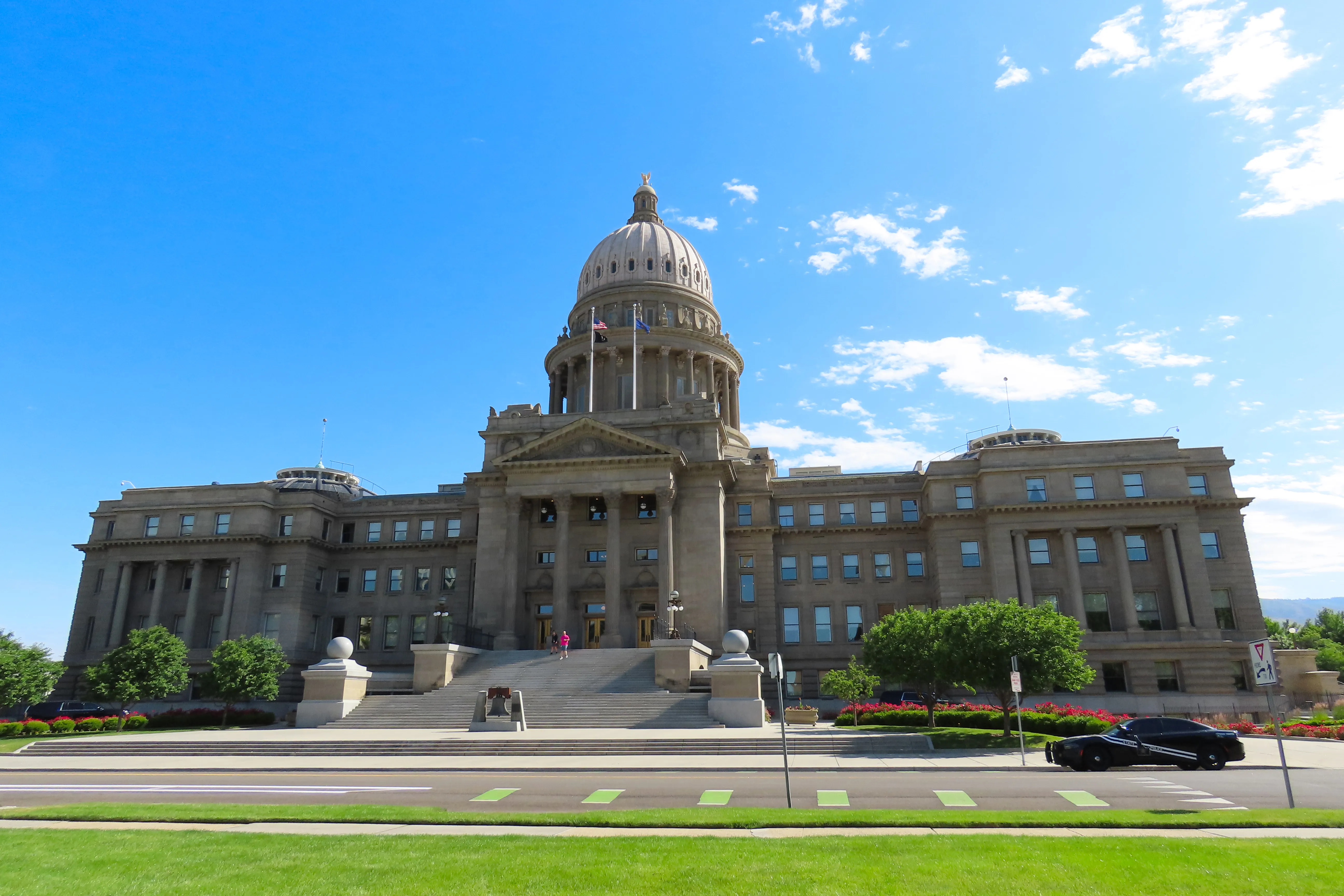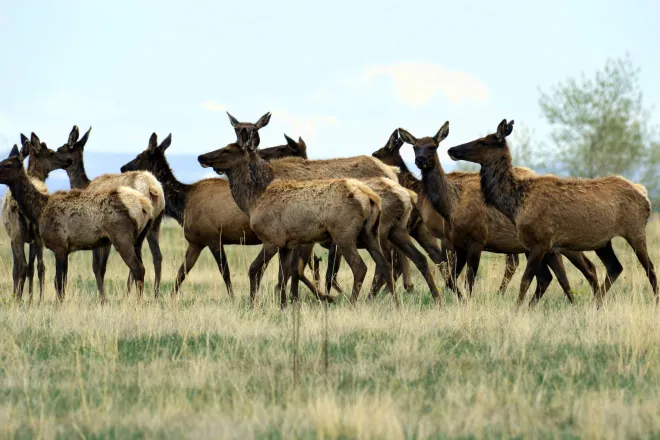
Daily Audio Newscast - October 13, 2025
© AlexLMX - iStock-823000260
Six minutes of news from around the nation.
Dozens rescued, several still missing after monster storm brings violent wind gusts and record storm surge to western Alaska; Child-care bill seeks to change reimbursement for providers; Indiana Chief Justice warns of rising threats in courtrooms; Equality New Mexico makes 2025 election endorsements; Panelists: Native economies deserve number crunching, too.
TRANSCRIPT
The Public News Service Daily Newscast, October the 14th, 2025.
I'm Mike Clifford.
Rescuers in western Alaska are working to find missing residents and help those displaced.
That after ferocious Hurricane Force wind gusts from what was once a typhoon tore through remote coastal communities, unleashing record-breaking storm surge and shoving homes completely off their foundations.
That from CNN.
They report three people still unaccounted for as of Monday, according to Alaska State Troopers, at least 51 people and two dogs rescued since the weekend following the powerful storm.
These sparsely populated villages are more than 400 miles southwest of Anchorage.
And as Democrats and Republicans wage what you might call persuasion campaigns to assign blame over the government shutdown, a bipartisan bill aims to strengthen child care systems and options for families.
The Child Care Modernization Act would reauthorize the Child Care and Development Block Grant.
Those grants help low-income families access child care as prices for full-time daycare reach record highs.
According to the Economic Policy Institute, child care in Maryland is more expensive yearly than in-state tuition for a four-year public college.
Whitney Pesek with the National Women's Law Center Action Fund says child care is in crisis and in need of more funding to help parents and workers in the industry. are having to pay unaffordable sums if they're even able to find a child care and that early educators are paid poverty level wages that really results in a recruitment and retention problem and hurts the ability for there to be sufficient supply to meet the need of parents.
If passed the bill would transition to a new model that better estimates the cost of high quality child care for reimbursement including the costs to recruit, train and retain qualified staff.
Garrett, Somerset and Cecil counties have been identified as child care deserts, as well as a number of neighborhoods in more urban parts of the state.
Across the country, child care workers are twice as likely to live in poverty.
To pay for their own child care, child care workers in Maryland would have to spend more than half of their income.
I'm Zimone Perez.
Meantime, Indiana's court system is facing new challenges, from rising threats against judges to the growing need for better courtroom security.
Our Joe Ulori has more.
In the Indiana Supreme Court's annual report, Chief Justice Loretta Rush says safety concerns are now the highest she's seen in her time on the bench.
Court security threats to the judiciary in my time as a judge are at all-time high and I have judges that hear cases and sentence people with no security in the courtroom.
It's just dangerous.
Rush says she had hoped for matching grants to help counties strengthen courtroom safety, but the funding didn't make it into the state's final budget.
She says judges continue to handle tough cases under growing public pressure and safety remains one of our top concerns.
Lawmakers say they'll revisit those requests during the next budget cycle to see what support the state can offer to local courts.
This is public news service.
In just three weeks, many New Mexico voters will choose local leaders and the state's largest LGBTQ advocacy group has made endorsements in a handful of races.
Equality New Mexico's Nathan Saavedra says the state has made a great deal of progress in recent years to expand protections for LGBTQ people, especially for the transgender community.
To continue that momentum, he says the advocacy group endorses candidates with similar positions regarding civil rights.
It's also being able to recognize and hold the values that LGBTQ people are also part of every marginalized group.
And so this is particularly true for our unhoused populations across New Mexico and especially in big cities like Las Cruces and Albuquerque.
LGBTQ people, especially youths, are overrepresented in the nation's homeless population.
I'm Roz Brown.
And more than 150,000 folks in Colorado with both Medicare and Medicaid coverage who need additional help can enroll in Medicare Advantage plan known as D-SNAP, that for the 2026 calendar year starting this week.
Marion Cabanillas with United Health Care says D-SNAPs can help people maintain good health by removing socioeconomic barriers.
Some qualifying enrollees can use the plan to buy healthy foods, such as fruits, vegetables, meats, and seafood.
You may be able to get vision coverage, hearing coverage, and dental care.
The other things that these dual-step plans may offer are rides to doctor's visits, so you may be able to get transportation to help you get to the doctor's appointment.
Medicare Advantage plans offered by private health insurance companies have been criticized for deceptive marketing practices.
And last year, the US Centers for Medicare and Medicaid Services issued standards for TV and other ads.
According to an analysis by KFF, Advantage plans are more than twice as profitable than both the individual and group markets.
Last year, Advantage plans cost taxpayers $83 billion more than traditional Medicare, a single payer government program.
I'm Eric Galatis.
Finally, researchers say Native Americans are still overlooked in many ways, including their economic strengths, but some business leaders are paying attention.
The Federal Reserve Bank of Minneapolis this month observed the 10th anniversary of the Center for Indian Country Development.
An event featured a range of panelists.
One of the speakers was Dawson Hermany Horses, an executive at Wells Fargo and enrolled member of the Rosebud Sioux tribe.
He says if big banks have more detailed information, they're likely to give tribal communities a stronger look.
We need that data to kind of show the people who aren't as familiar with us and who have capital, Indian country is a great place to invest in.
He says there's a belief out there that bowers and tribal communities aren't reliable in repaying their loans, but he notes data show lower default rates when native customers are served by community development financial institutions.
I'm Mike Moen.
This is Mike Clifford for Public News Service
We are member and listener supported.
Find our trust indicators at PublicNewsService.org.

















